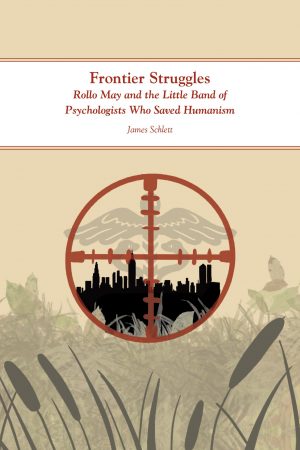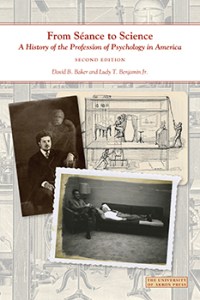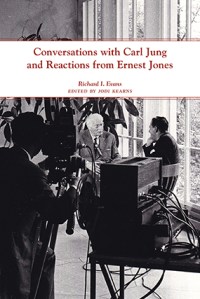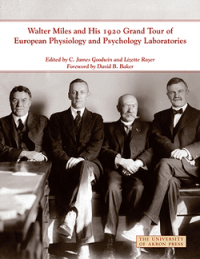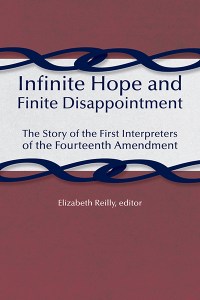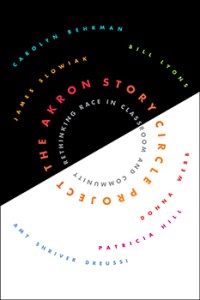Description
A quarter century after Sigmund Freud ineffectually attempted to save psychoanalysis from being “swallowed up by medicine” by penning The Question of Lay Analysis, the task of broadening that goal to include psychotherapy fell on a small band of psychologists in New York. In the early 1950s, these psychologists found themselves up against what was then the nation’s most powerful lobby – organized medicine – and having to annually beat back legislative attacks in Albany that would have handed physicians and psychiatrists control over psychotherapy.
Leading this band, formally known as the Joint Council of New York State Psychologists on Legislation, was Rollo May. Guided by his theories on anxiety that would later shape a new American existential psychology, May emerged as a leading voice against the “making of man over in the image of the machine.” He inspired his fellow pioneering psychologists to withstand the “overwhelming power” of organized medicine and see their profession through its “frontier struggles.” Further, in addition to defeating organized medicine’s attempts to amend New York’s Medical Practice Act and give M.D.s control over the diagnosis and treatment of mental and nervous disorders, the Joint Council helped lay the legal framework for the humanistic psychology movement that emerged shortly after the enactment of a law regulating the psychology profession in the Empire State in 1956.
Frontier Struggles reveals the untold conclusion to Freuds 1926 book, The Question of Lay Analysis. It provides the first behind-the-scenes look of the political maneuvers, espionage, infighting, and inspirational fortitude that enabled New York’s psychologists to open the door to the regulation of their profession in New York and beyond. From the alliances the psychologists forged with leading physicians and psychiatrists and even Freud’s nephew, to the strategies the Joint Council deployed to sway legislators and the general public, Frontier Struggles follows the crisis that, in May’s words, marked “the change of psychology as a profession in this state from its adolescence to its manhood.”
About the Author
James Schlett is an award-winning author, poet and journalist. He is the author of A Not Too Greatly Changed Eden: The Story of the Philosophers’ Camp in the Adirondacks (Ithaca and London: Cornell University Press, 2015), winner of the Adirondack Center for Writing’s Adirondack Literary Award for Best Book of Non-Fiction in 2015.
Advance Praise for Frontier Struggles
This is an extraordinarily important book about a landmark moment in the history of psychotherapy. Rollo May, whom I had the privilege to know as both student and colleague, was a pivotal figure in the development of existential-humanistic psychology in America. But few people realize how central he was to the professionalization of psychotherapy beyond the province of medicine. In this poignant and superbly detailed volume, Schlett articulates how Rollo May and “a little band of psychologists” not only helped democratize the practice of psychotherapy, but salvaged a holistic picture of human transformation.
—Kirk Schneider, Ph.D., Author of The Psychology of Existence (with Rollo May) and The Depolarizing of America: A Guidebook to Social Healing.
Frontier Struggles is the most timely book during the pandemic which exposes the inadequacy of the medical model to meet the mental health crisis. I hope that this book will rekindle the passion in Rollo May’s followers to carry on the struggles to save humanism in psychology.
—Paul T. P. Wong, author of Made for Resilience and Happiness: Effective Coping with COVID-19 According to Viktor E. Frankl and Paul T. P. Wong
